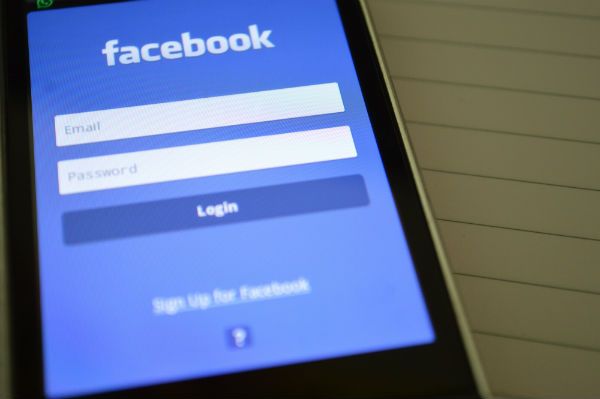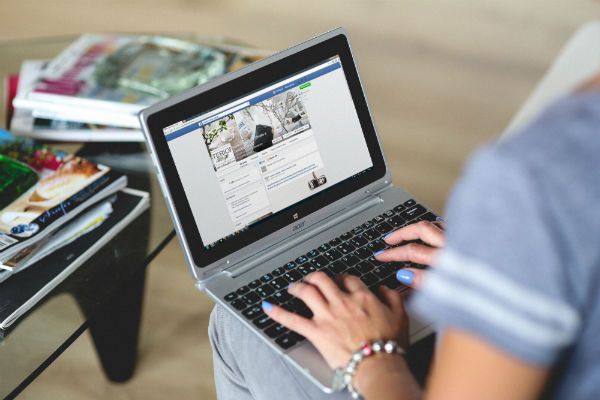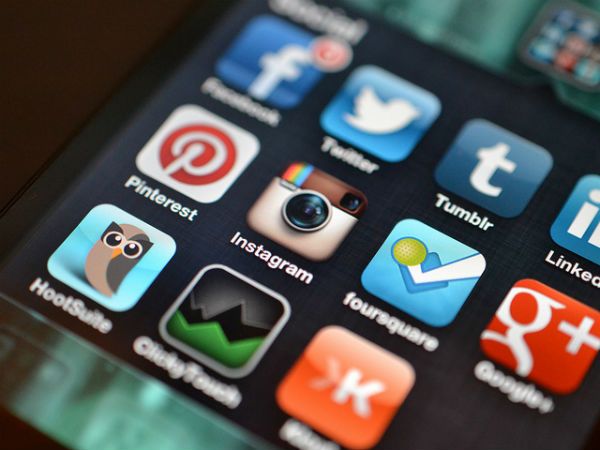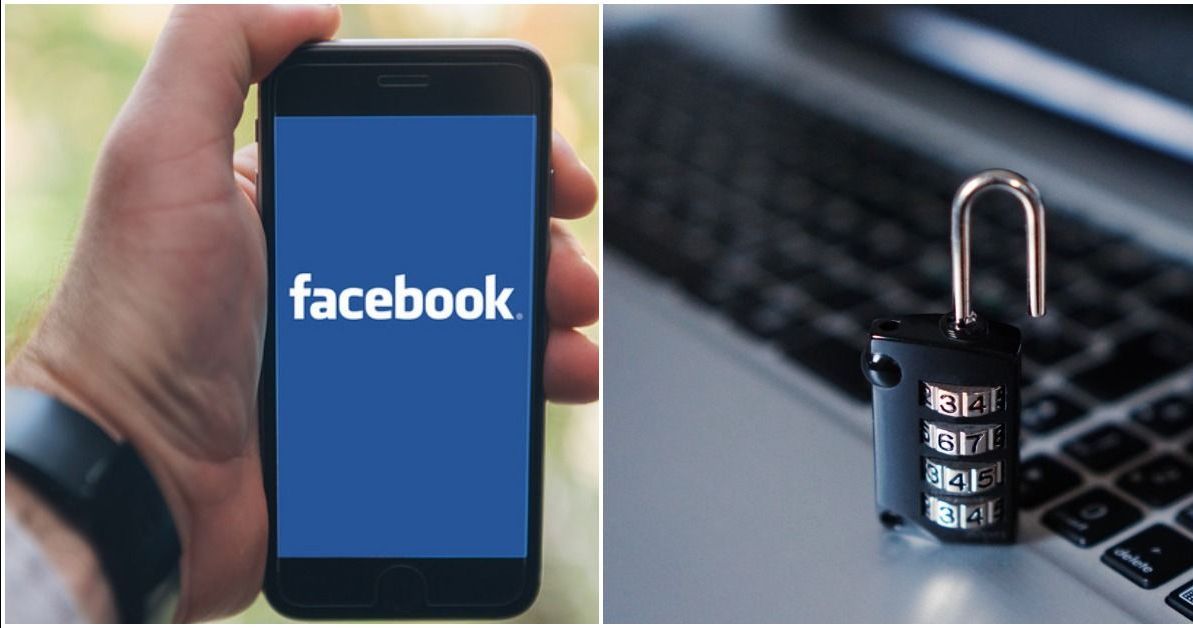I'm not the most tech-savvy person around.
So when I heard the recent news stories about Facebook and a company called Camridge Analytica, I didn't pay much attention.
But that was a mistake, because this story points out risks that anyone using Facebook should know.
Already, millions of people have had their private information harvested because they didn't know how to protect their Facebook accounts.
Don't make the same mistake I did.
What Happened?
This story began with what seemed like a harmless Facebook app.
More than 270,000 people signed up for "thisisyourdigitallife," an app by Cambridge University that paid users to take personality tests.

In exchange for the money, the app collected details about its users, including their addresses and phone numbers.
But fine print in the app's user agreement also let it collect data from the user's Facebook friends.
Soon, it had collected over 50 million Facebook profiles.
Then, that data was bought by a voter-profiling company called Cambridge Analytica.
It Could Happen To You
The Cambridge Analytica story revealed something obvious that most Facebook users overlook: the site collect a lot of private data about you.
If you're not careful, there's no telling who could get their hands on that data, or how they could use it.
To keep your Facebook profile safe, there are 5 simple precautions you should take.
1. Change Your Privacy Settings
To start, follow Facebook's handy guide to change some very basic privacy settings.
If you only want a small group of people - like your friends and family - to see your posts and personal details, you can change your privacy settings to guarantee that.
If you're still using the default settings, your information is probably being shared with a lot of people who have no business seeing it.

2. Check The Apps You're Using
In the Settings menu on Facebook, select Apps to see a list of all the online or smart phone apps connected to your account.
If you see any you're not using regularly, or don't remember signing up for, it's a good idea to delete them.
From this screen, you can also check what kind of data each app sees from you.
Be wary of apps that ask to see more details than they need.
3. Clear Your Browsing Data
Some sites and apps leave trackers called "cookies" on your browser, to monitor your browsing habits, interests, etc.
From time to time, it's smart to clear these cookies, to keep too much personal information from being stored.
The method is different for every internet browser, but here are guides for Internet Explorer, Google Chrome, and Firefox.
4. Don't Log Into Apps With Facebook
These days there are so many apps on our phones, it can be tempting to hit "Log in with Facebook" when you download a new one.
This handy button saves time creating a new username and password for each account.

But it also shares data from that app with Facebook.
If you're concerned about giving away too much private data, you should make a new, separate account for each app.
5. Block Your Account From Sharing Information With Others
The Cambridge University app isn't the only one on Facebook that collects data from a user's friends.
A lot of your private information is vulnerable to apps used by your Facebook friends.
To stop Facebook from sharing this information, go to the Apps Settings page and limit the sharing in the Apps Others Use menu.
Delete Your Account
If you want to permanently remove your Facebook profile and all of the information connected to it from the internet, you can use this web page.
But be careful, because the decision is permanent.
Bear in mind that it can take months for all of your account information to be deleted.
Are you concerned about your privacy on Facebook?
[H/T: New York Times, Today]

